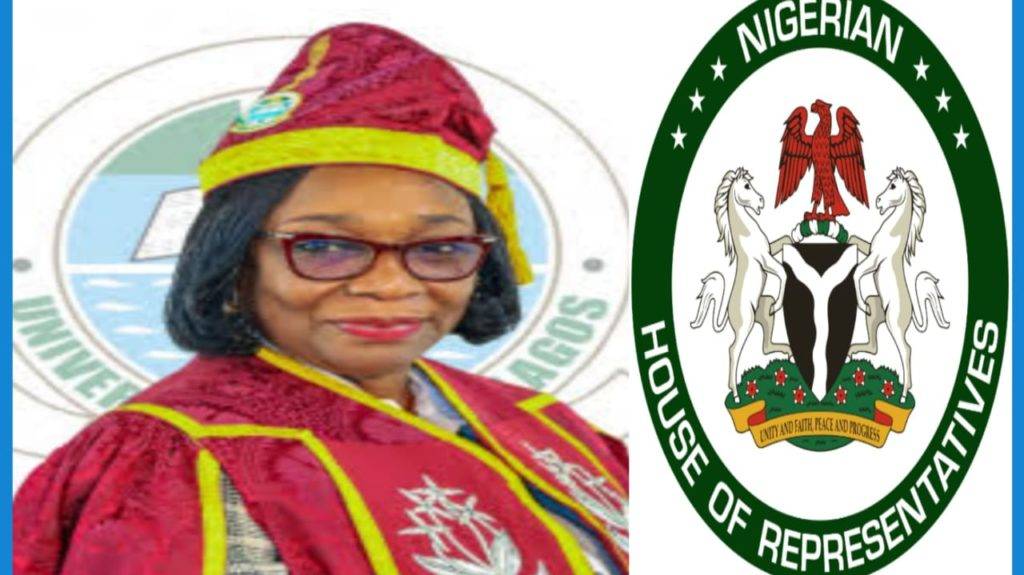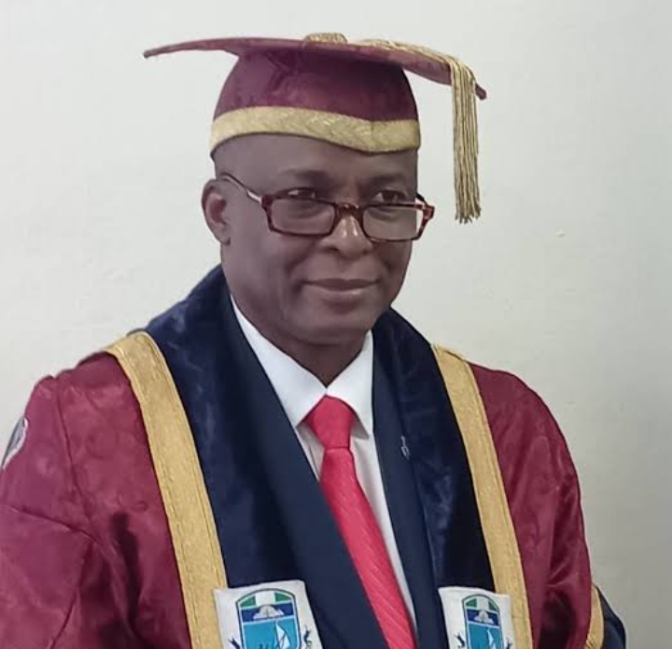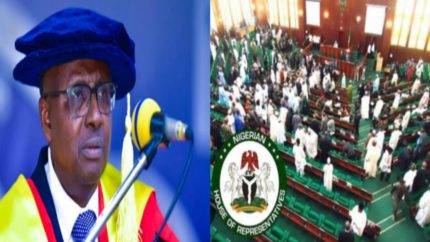Vice Chancellors Allege Extortion Scheme
Vice chancellors of public universities in Nigeria are preparing for a confrontational stand against what they perceive as a new extortion scheme orchestrated by members of the House of Representatives. This contentious issue revolves around the N683 billion 2024 intervention fund recently approved by President Bola Tinubu for the nation’s publicly-owned tertiary institutions. The stage is set for a face-off between the academic leaders and lawmakers, raising concerns about the allocation and management of these crucial funds.
The announcement on January 12 by the Tertiary Education Trust Fund (TETFUND) promised a significant financial boost for the cash-strapped public schools, providing twice the amount they received in 2023. However, this positive development quickly turned contentious as the House Committee on TETFUND, chaired by Miriam Onuoha, directed institutions to halt the fund’s implementation, citing the need for detailed project information.
Overview of the 2024 Intervention Fund
The 2024 intervention fund, totaling N683 billion, is anticipated to bring relief to the financially strained public educational institutions. The breakdown of the fund reveals a structured sharing formula, with each university set to receive N1.9 billion, comprising N1.6 billion as annual direct disbursement and an additional N250 million from the zonal intervention fund. Polytechnics and colleges of education are allocated N1.1 billion and N1.3 billion, respectively, following a similar pattern of distribution.
Despite the positive prospects of financial respite for these institutions, the House Committee’s intervention has sparked concerns among vice chancellors, who view the lawmakers’ directives as potential hindrances to the timely and effective utilization of the funds for educational development.

House Committee’s Directive Raises Controversy
The controversy escalated when, shortly after the fund’s approval, the House Committee on TETFUND instructed the committees overseeing colleges of education, polytechnics, and universities to suspend the fund’s implementation until they receive clearance from the lawmakers. The directive, outlined in a letter dated January 12, demands comprehensive implementation details, including project specifications, procurement plans, and service descriptions.
This unexpected move has triggered heated debates among vice chancellors, with some expressing suspicions that the legislators are attempting to exploit the situation for personal gain. The allegation is that lawmakers seek to use their influence to secure contracts for their associates, turning the allocation of educational funds into a potential avenue for personal enrichment.
Vice Chancellors React to Committee’s Letter
The Committee of Vice Chancellors has responded vehemently to the letter from the House Committee on TETFUND, characterizing it as a questionable attempt to interfere with the proper implementation of the intervention fund. The letter, received on January 12, has fueled anger among vice chancellors, who argue that it reflects a covert agenda by lawmakers to exploit the situation for personal interests.
Some vice chancellors have gone on record, suggesting that the lawmakers’ focus on detailed project information is a pretext for enabling their associates to bid for contracts related to the allocated funds. This perception has heightened tensions between the academic leaders and the House Committee, further complicating the already delicate process of fund distribution.

Allegations of Contract Manipulation Emerge
The growing tension between vice chancellors and lawmakers deepens as allegations of contract manipulation emerge. Accusations are circulating that the lawmakers are seeking privileged information about available contracts, potentially intending to use their influence to benefit their associates. This development has cast a shadow over the transparency and integrity of the fund allocation process, as stakeholders question the motives behind the detailed project information requested by the House Committee.
The academic community is expressing concerns about the potential exploitation of the situation for personal gains rather than a genuine commitment to ensuring the effective utilization of the intervention funds for the betterment of the nation’s tertiary institutions.
Vice Chancellors Accuse Lawmakers of Extortion
Amidst heightened tensions between vice chancellors and the House Committee, a robust and assertive response has emerged from academic leaders. In a bold move, some vice chancellors have publicly alleged that lawmakers are leveraging their influence to engage in extortion under the guise of promoting transparency. The prevailing sentiment within the academic community is that these lawmakers are exploiting their positions to unfairly secure contracts for their associates, thereby triggering a contentious clash with the House Committee. This accusatory stance has escalated the standoff, adding layers of complexity to the situation and emphasizing the critical need for a thorough examination and resolution. Addressing this multifaceted issue is imperative to ensure the just and transparent allocation of the 2024 intervention funds.
Navigating the intricacies of this dispute requires a careful and comprehensive approach. As the allegations of extortion and undue influence linger, it is essential for stakeholders to prioritize a fair and transparent resolution that upholds the integrity of the academic sector. The 2024 intervention funds, intended for the advancement of education, stand at the center of this controversy. Achieving a balanced and equitable distribution of these funds necessitates a thorough investigation into the accusations, fostering dialogue between the conflicting parties, and implementing measures to prevent any misuse of authority. Striking this delicate balance is crucial not only for the resolution of the current impasse but also for fostering a climate of trust and fairness within the academic community and beyond.
Table of Contents
Discover more from OGM News NG
Subscribe to get the latest posts sent to your email.














